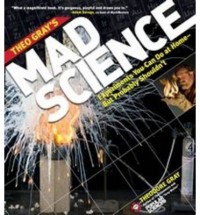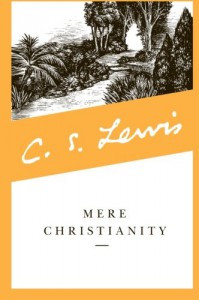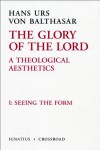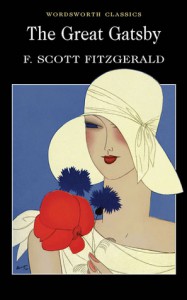
With precious few exceptions, twentieth century American fiction is my least favorite genre of literature. It is often so hopeless, melancholy and pointless that I am left feeling empty when it's over. Occasionally, something will happen to goad me into reading a "modern classic" and give me an opportunity to reevaluate my assessment. Such was the case with "The Great Gatsby". The new movie attracted enough attention that it seemed time to come to terms with the novel so that I would be informed enough to speak about it if it ever came up in conversation. Sadly, the experience did nothing to change my opinion of twentieth century American fiction.
Though not a complete failure, F. Scott Fitzgerald's "The Great Gatsby" is far from the classic many claim it to be. Hailed as a book that captures the heart and soul of the jazz age, it is a slender nothing of a book clocking in at just over 100 pages, quickly read, digested, and forgotten. It is as complete a portrait of the 20s as a cheap Polaroid is of a family: a hazy and indistinct snapshot lacking focus, depth and context.
The story is well known and easily summarized. A young man by the name of Nick Carraway moves to New York City from the mid-west after serving in the first world war. Quite by chance, he takes up low-rent lodgings not far from a fabulous mansion owned by millionaire Jay Gatsby. Gatsby is in the habit of throwing massive bacchanalian parties attended by the greats of society by invitation, and by the not so great as hangers on. Nick is drawn to Gatsby and becomes part of a small circle of friends, partly because of his second cousin, Daisy Buchanan, the love of Gatsby's life.
Married to the wealthy, abusive, and philandering Tom Buchanan, Daisy is offered the chance to escape with Gatsby. Questions arise, however, about his past and the source of his wealth. Daisy, weak and indecisive, is unable to follow through and tragedy ensues, leaving death and broken lives scattered throughout the end of the book.
"The Great Gatsby" is unpleasant to read. The quality of Fitzgerald's writing is uneven at best. It is affected, self-satisfied and self-consciously artistic. You can almost hear him muttering to himself "how can I phrase this so it sounds...artsy?" There are moments that are quite good, particularly the famous last paragraph, but they are few and far between. Adding insult to injury, Fitzgerald has no ear for dialogue. Conversations between his characters are dreadful, which may explain why there are so few. What remains are descriptions of people, places and events tacked together haphazardly.
As to the characters, they are universally unlikable. It helps a book to have someone the reader can root for, someone to love or at least sympathize with. "Gatsby" is utterly lacking in all of these. The characters are all shallow, self-centered and careless, pursuing their own ends with no regard for what impact they might have on those around them. There is little to no character development. No one learns or grows, no one changes for the better or worse. They exist as they are with nothing but their own desire for achievement, entertainment or novelty to drive them.
Some of the reviews I read of the book claim that it was his intent to create such characters as a means by which to critique and satirize America in the jazz age. This is a rather myopic way to write. It dismisses out of hand so much of what was happening in the world. The early part of the twentieth century was a time of great discovery and achievement. It was the era of Lindbergh and Einstein, Ruth and Matisse, Gershwin and Lloyd Wright. Yes, it saw the horror of WWI, but it also saw the healing power of antibiotics and the advent of modern electronics. Fitzgerald wrote about the small part of the world that he knew; of self-indulgence, artificial euphoria, and lost dreams. But has there ever been a time when those things could not be found? Aren't Gatsby and his circle still living today among the celebretante crowd, famous for being famous and lampooned by TMZ when they wind up in scandal after obligatory scandal?
It is obvious that Fitzgerald did not, like authors I admire, write from a love for words or language, or even a love of writing. He did not even seem to love his characters or the story he told. Instead, he seems to have written as a way to express and assuage a deep pain that he carried. Perhaps, had he looked beyond the literary crowd he hung out with, he might have found a way out of himself. He might have found a larger world; flawed and imperfect, but with much to celebrate. As it is, "The Great Gatsby" is a hollow achievement, a book of impressions, as shallow as the characters it aims to satirize.







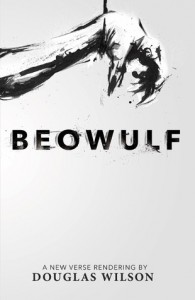
 1
1
